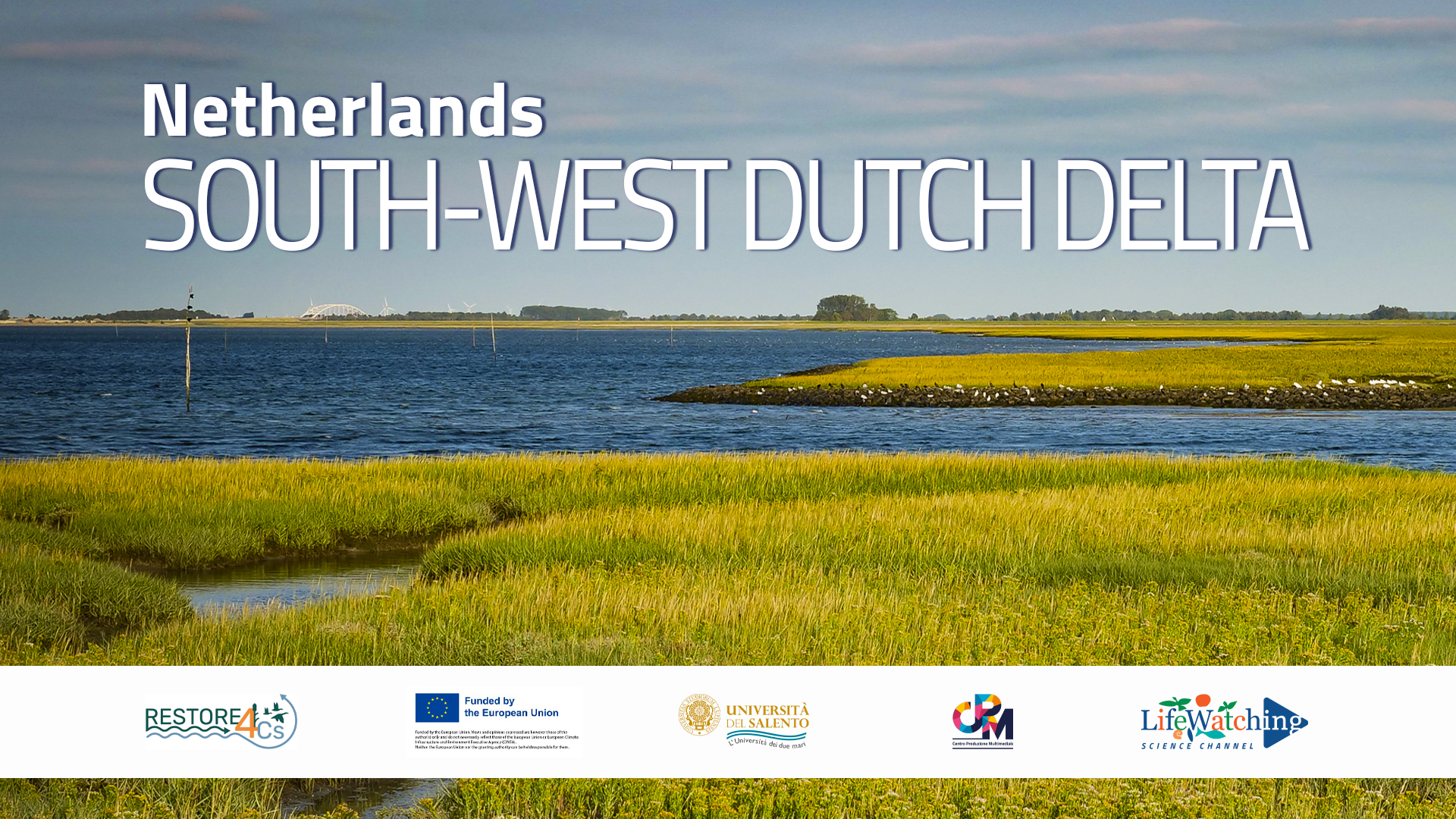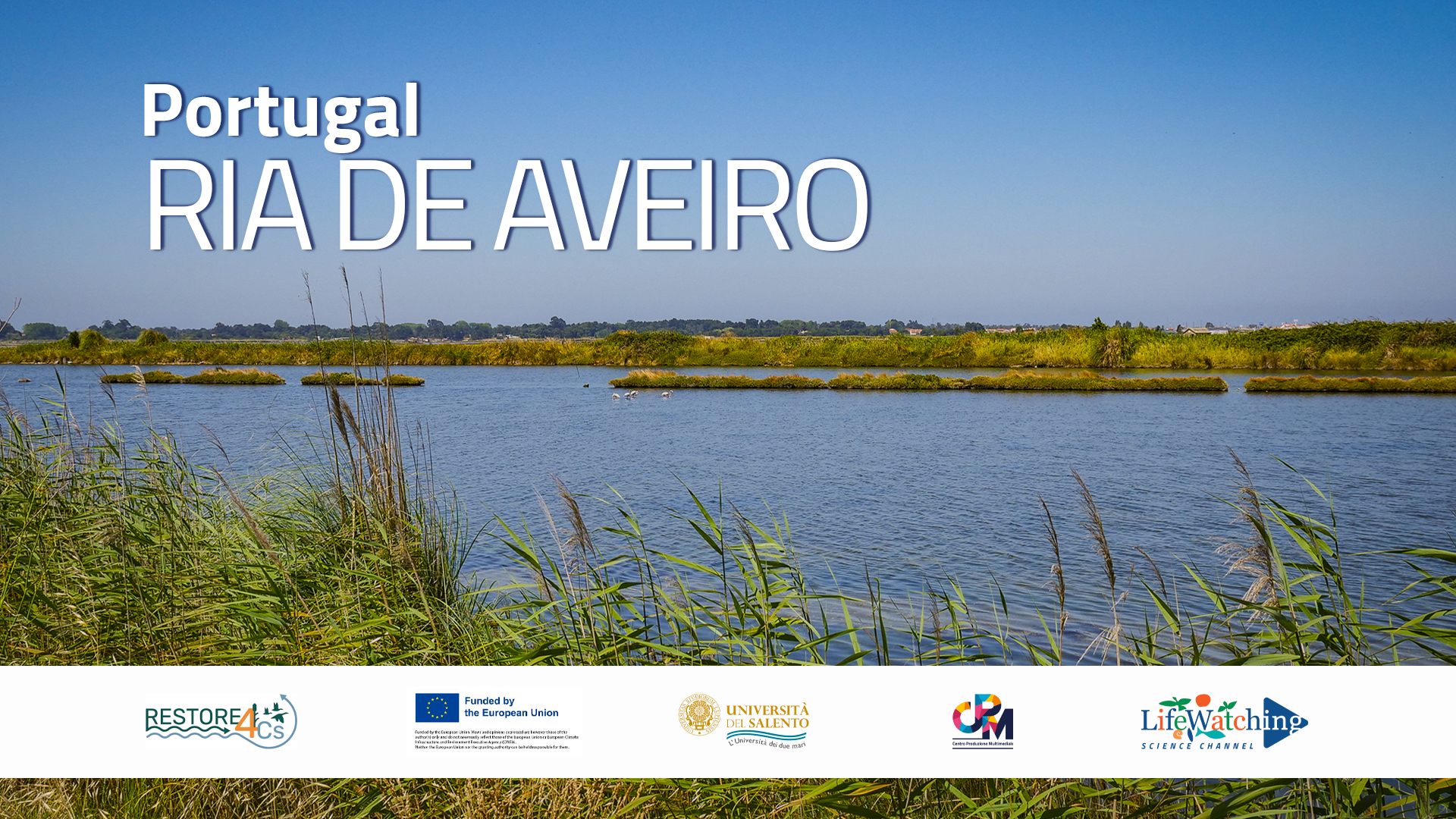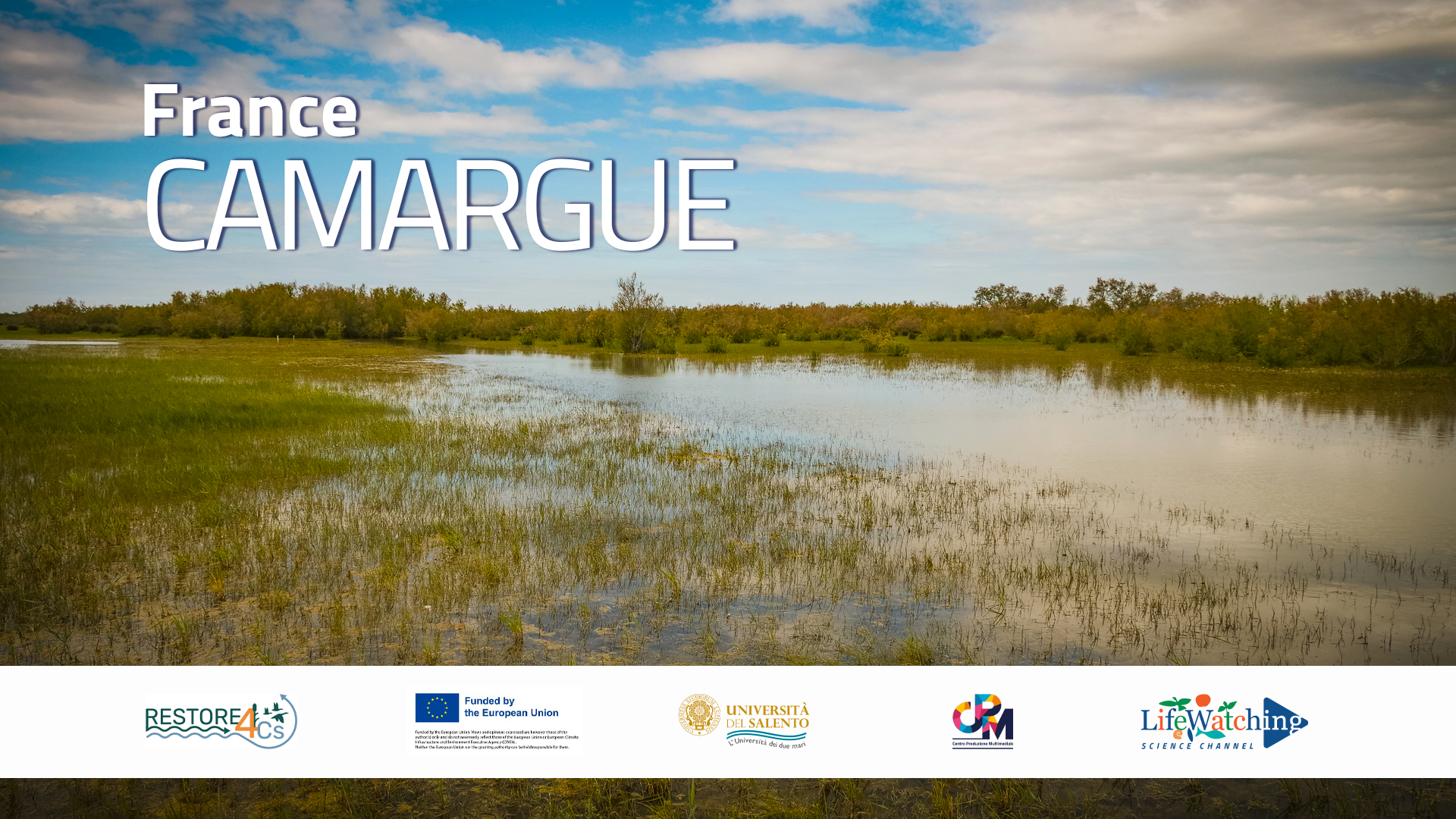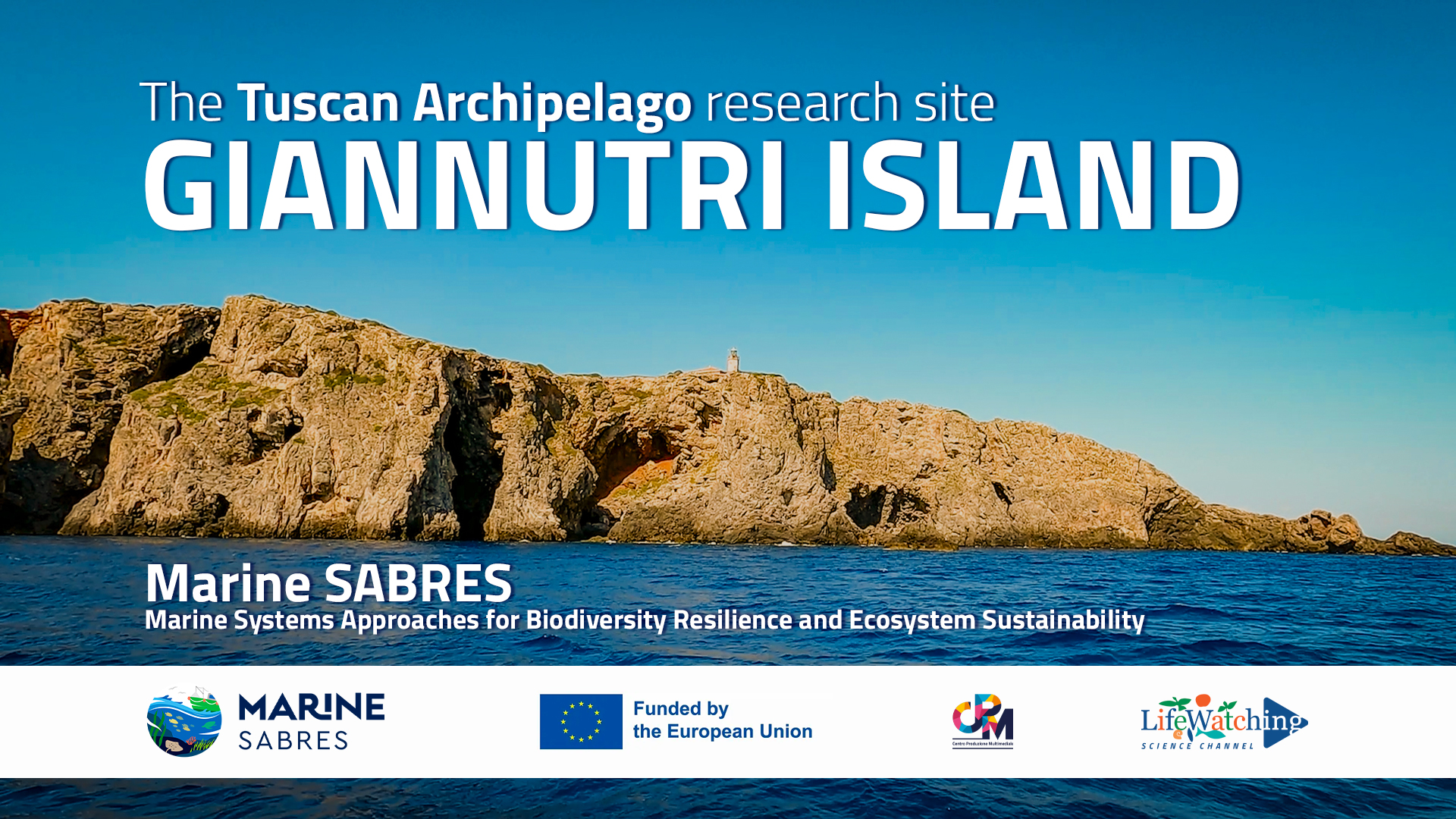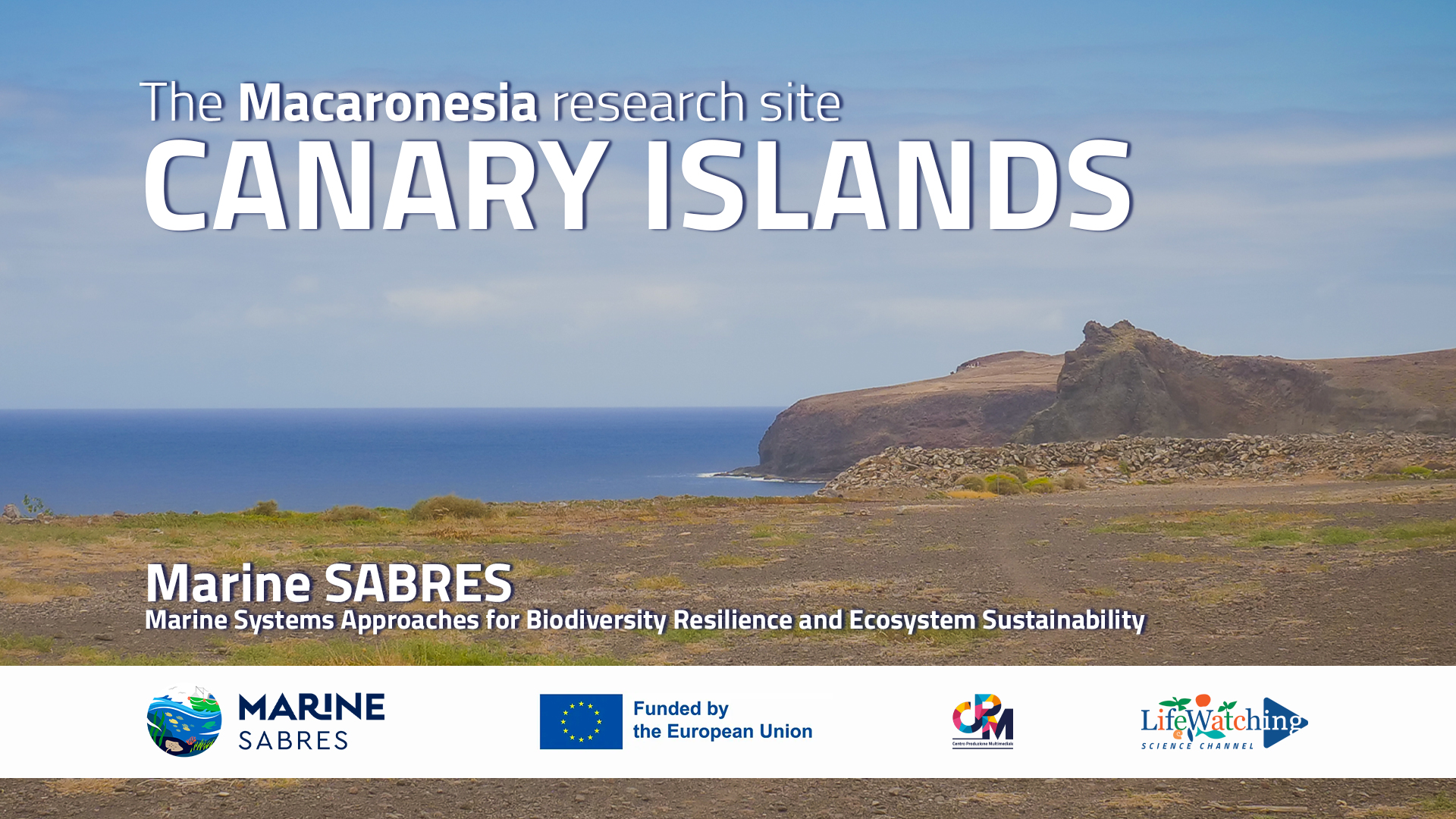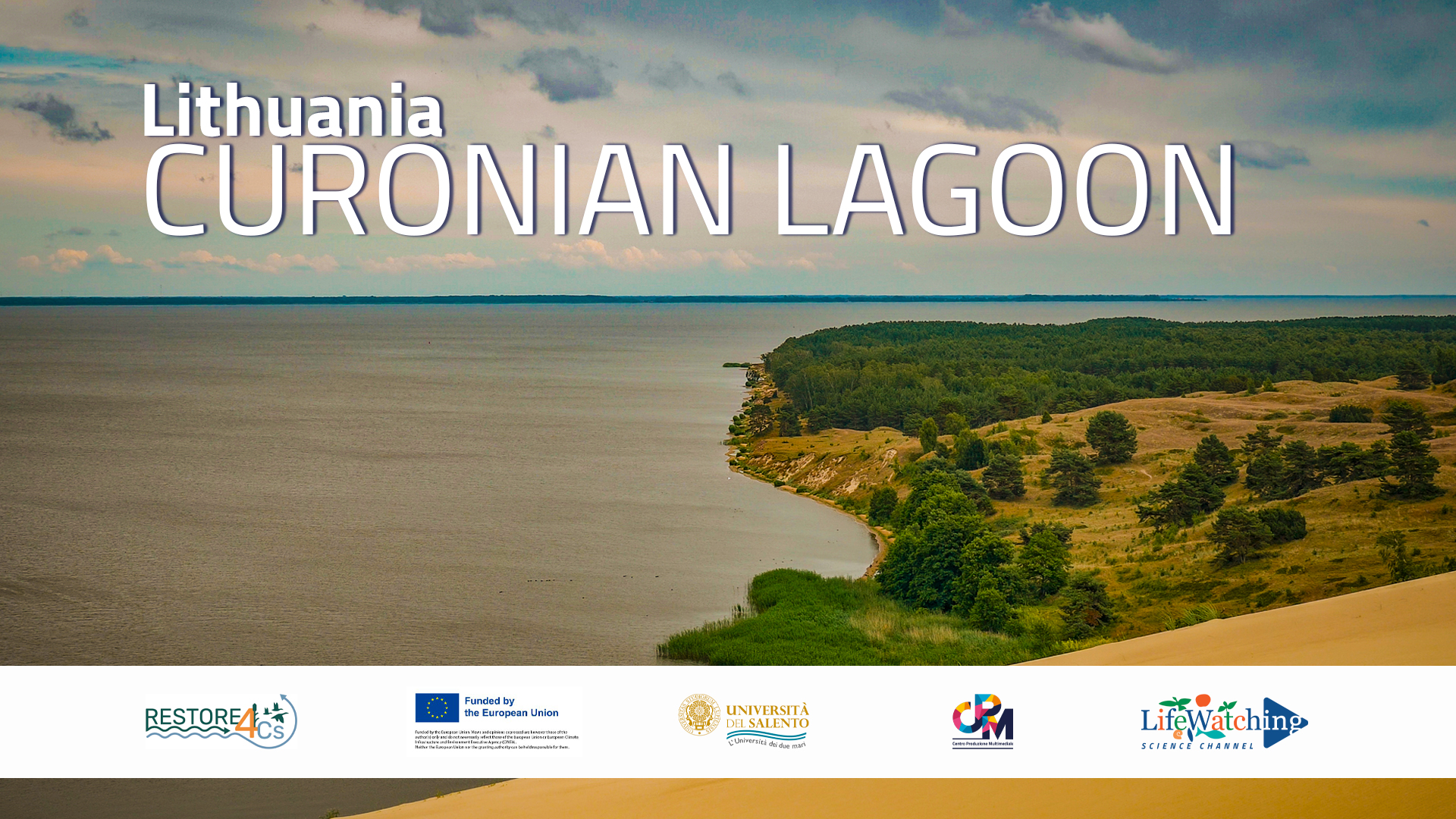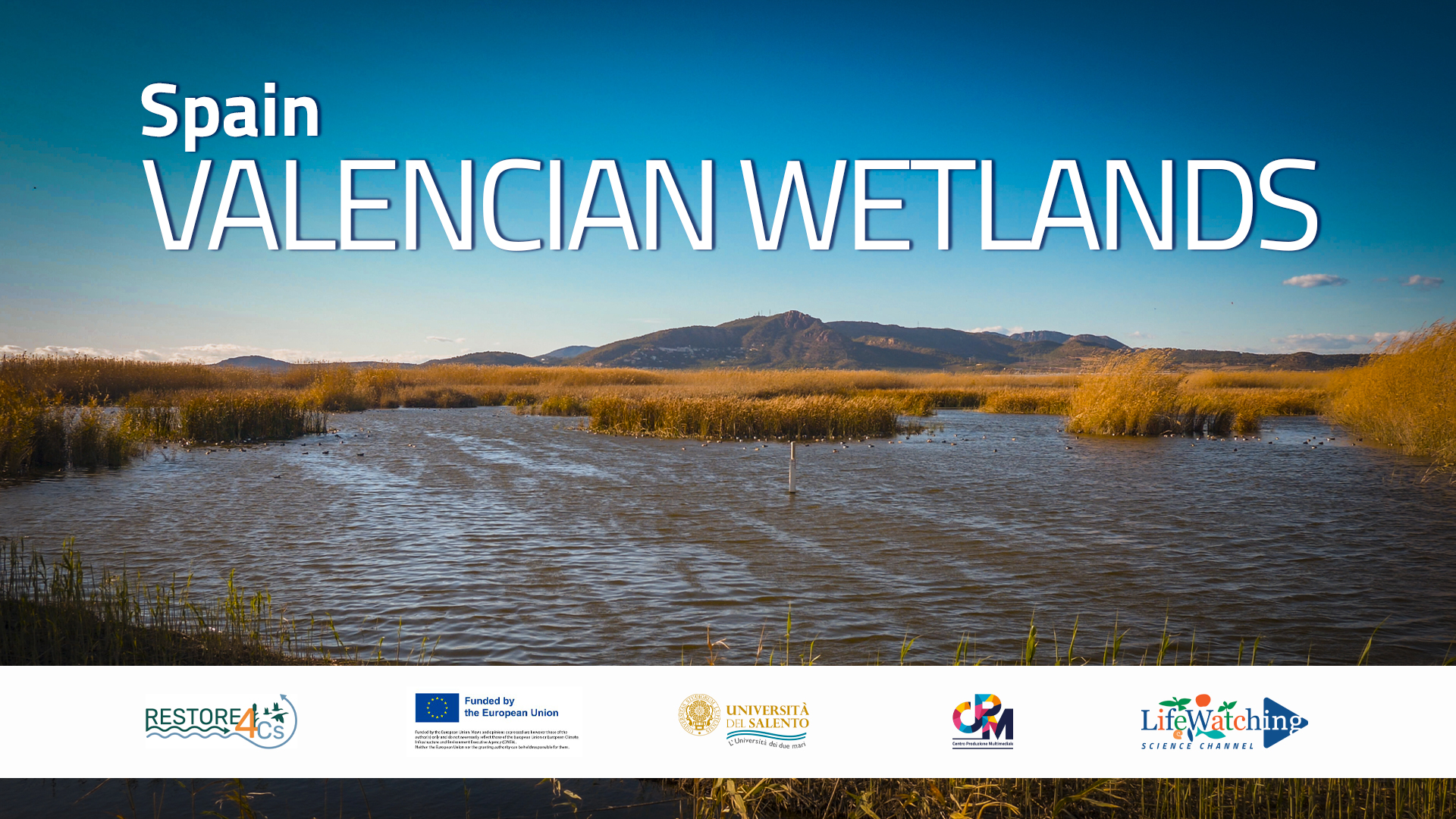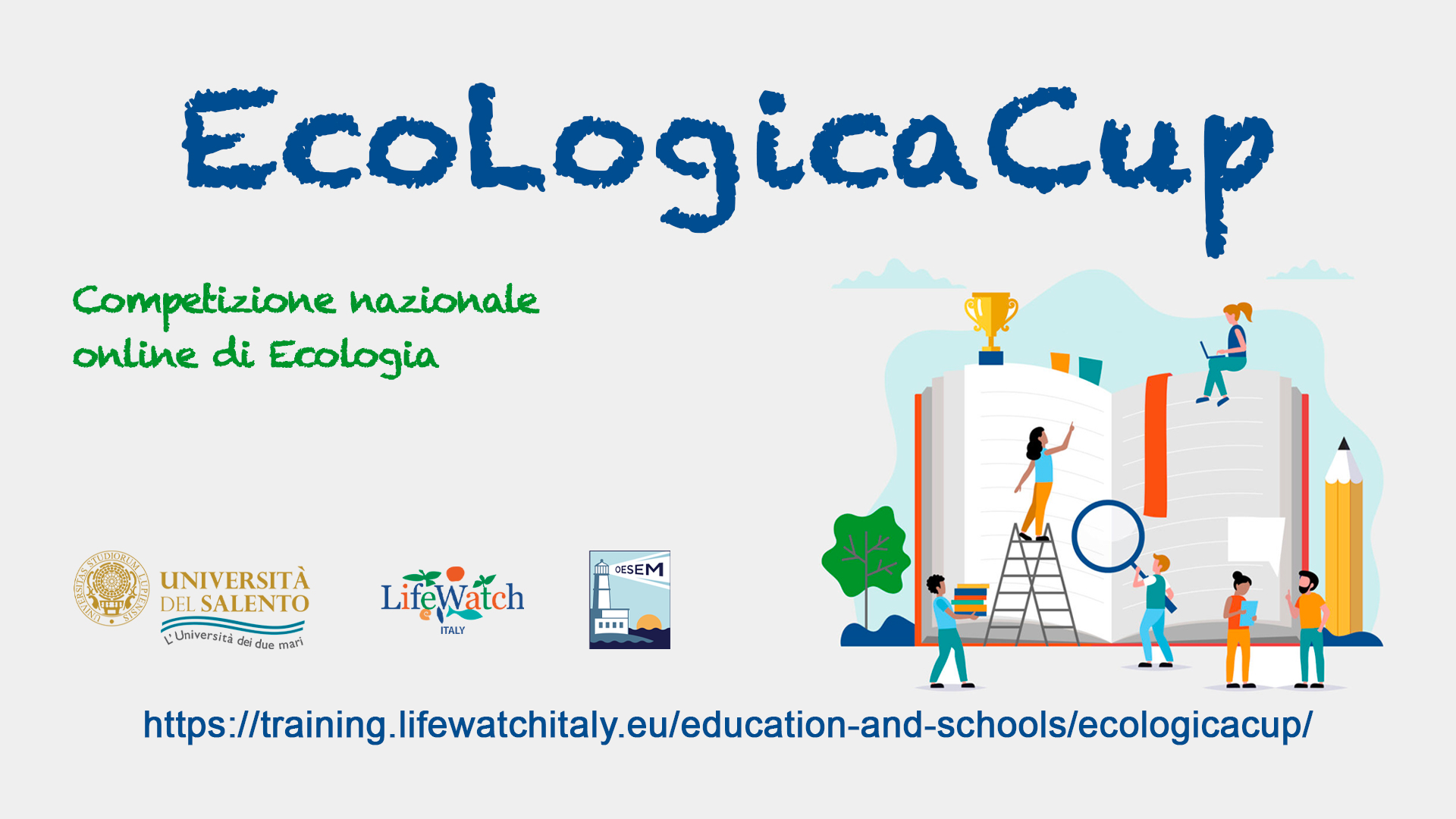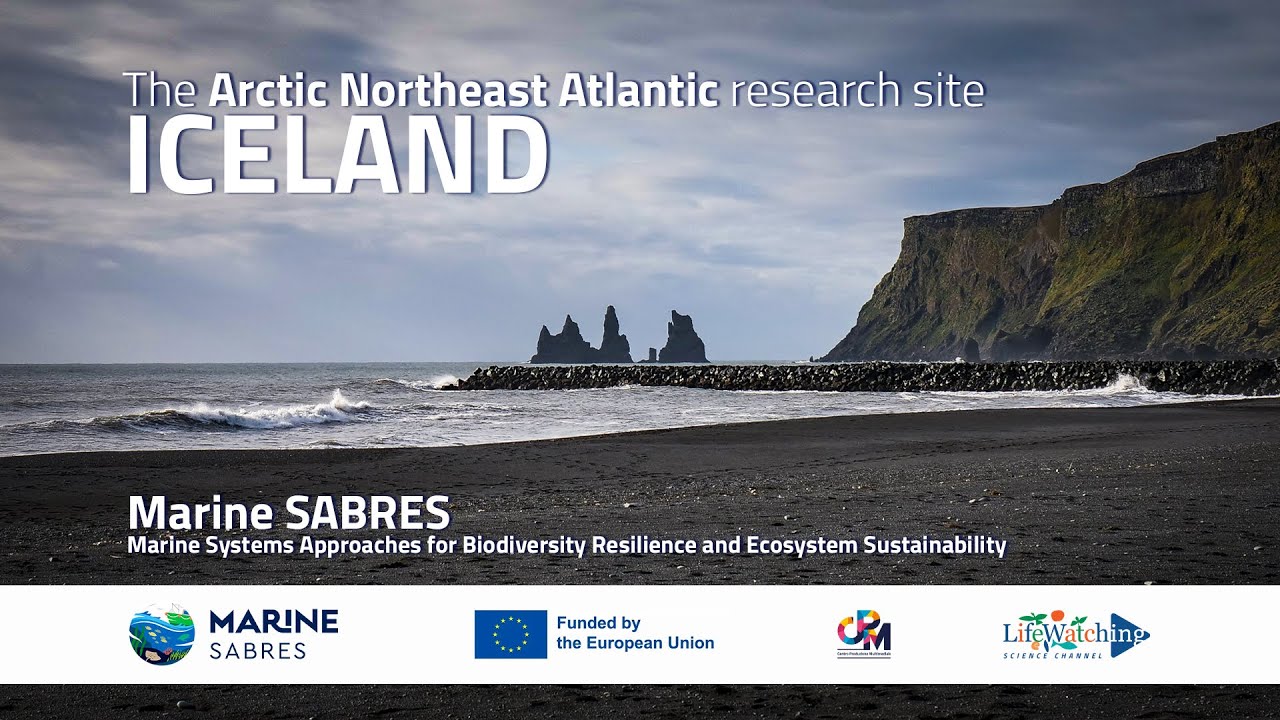Mapping European wetlands to address climate change impacts | The Danube Delta
The Danube Delta is the second-largest delta in Europe and one of the best-preserved in the world, a complex network of waterways, marshes, islands, and lakes, sprawling over 5,800 square kilometers.
The Danube Delta is considered an important world biodiversity hotspot, been declared a UNESCO World Heritage Site and a Ramsar Wetland of International Importance due to its exceptional biodiversity. Its rich variety of habitats provides crucial breeding, feeding, and resting grounds for numerous species of birds, fish, mammals, and plants. It is estimated that the Danube Delta is home to over 5,000 species of flora and fauna, many of which are rare or endangered. More information here.
The Danube Delta faces various threats, including habitat loss, pollution, overfishing, invasive species, and climate change. Conservation efforts are essential to protect the delta’s unique ecosystems and biodiversity while promoting sustainable development and livelihoods for local communities. Initiatives focus on habitat restoration, sustainable fisheries management, eco-tourism development, environmental education, and community engagement to ensure the long-term health and resilience of the Delta.
The Danube Delta was selected as a Case Pilot for the RESTORE4Cs project due to its diverse, unique, wetland ecosystems and strategic importance in carbon storage and greenhouse gas (GHG) exchange. The delta offers a unique opportunity to test the project’s framework in situ and assess wetlands of varying conservation status (preserved, altered, restored).
Watch the Danube Delta teaser and enjoy the footage of this Case Pilot representative of European coastal wetlands!
About the project
RESTORE4Cs is a Horizon Europe project evaluating the impact of wetland restoration on climate change mitigation and ecosystem services. It aims to create a digital platform to help stakeholders assess the costs and benefits of restoration efforts and promote sustainable management. The project also focuses on engaging communities and supporting EU policies to preserve the ecological and social value of wetlands.
RESTORE4Cs will assess the environmental and socio-economic impact of wetland restoration in six European coastal regions by analysing carbon storage, greenhouse gas exchange, and biodiversity.
Follow RESTORE4Cs:
- Website: https://www.restore4cs.eu/
- LinkedIn: https://www.linkedin.com/company/restore4c/
- Twitter: https://x.com/RESTORE4Cs
- Instagram: https://www.instagram.com/restore4cs/
#RESTORE4Cs #RESTORE4CsDocumentary #R4CsDoc
RESTORE4Cs: Modelling restoration of wetlands for carbon pathways, climate change mitigation and adaptation, ecosystem services, and biodiversity co-benefits.

